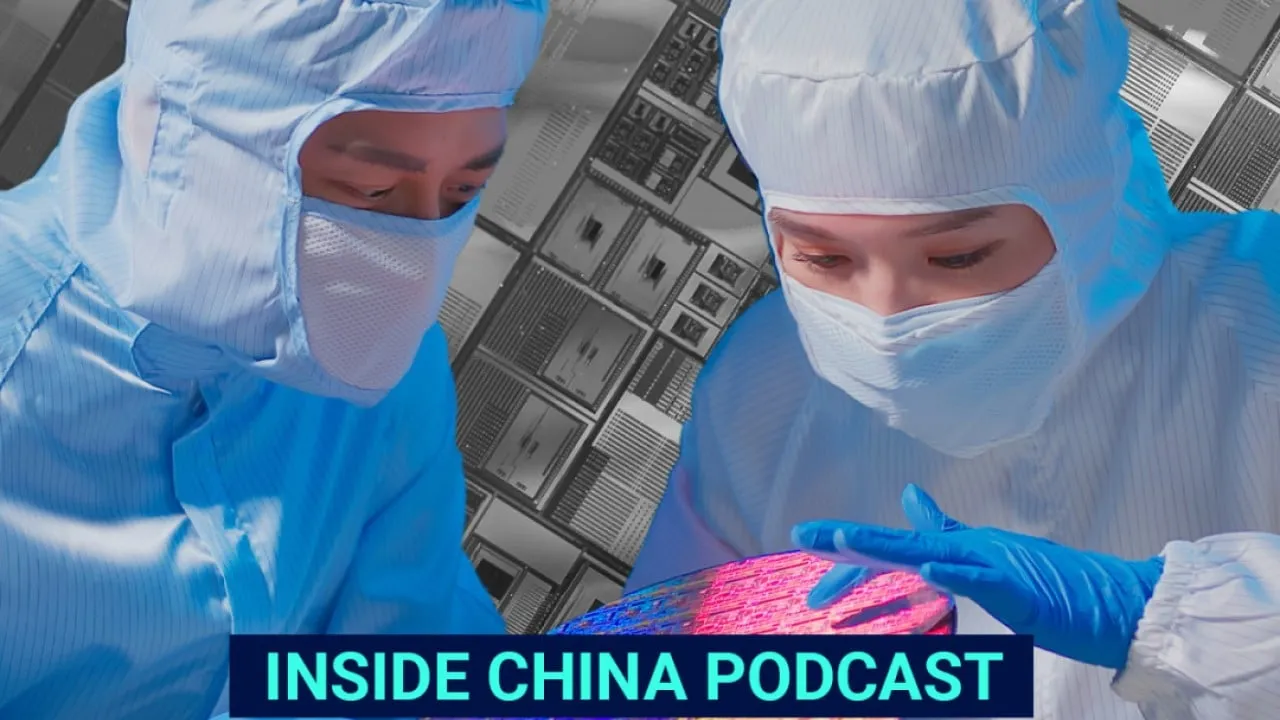AI Memory Demand Skyrockets as China Increases South Korean Chip Imports Amid US Sanctions Concerns

AI Memory Demand in China
In 2024, China has drastically increased its import of South Korean chips, significantly impacting global semiconductors market dynamics. Major players like Baidu and Huawei Technologies are heavily investing in AI memory, particularly DRAM and HBM. According to recent data from Samsung Electronics and SK Hynix, revenue from China has seen dramatic growth, reflecting heightened demand for sectors reliant on advanced semiconductor technologies.
Surge in Sales and Speculations
Amid concerns of increased US export control measures, SK Hynix reported an astonishing 122% rise in its revenue from China, indicating significant stockpiling behavior among importers. This increase is critical for Korean chip manufacturers, as TrendForce analysts suggest that high-bandwidth memory (HBM) is becoming increasingly essential for AI applications.
Market Impacts
- Samsung and SK Hynix dominate the market, controlling 43% and 35% of DRAM revenues respectively.
- HBM chipsets are particularly favored for their enhanced capacity, crucial for handling Nvidia's advanced AI chip technology.
- Chinese tech giants' demand for powerful CPUs and GPUs adds pressure on global supply chains.
Conclusion: The Future of AI Memory
The landscape of semiconductors is showing marked shifts as China's frenzy for AI memory creates ripple effects globally. The ongoing tensions between China and Washington may introspect the future access to important semiconductors, especially in the context of advanced AI development.
This article was prepared using information from open sources in accordance with the principles of Ethical Policy. The editorial team is not responsible for absolute accuracy, as it relies on data from the sources referenced.